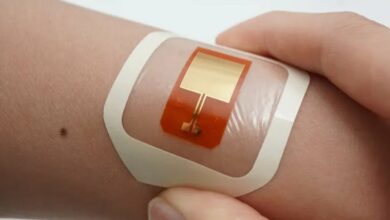Microsoft tightens Windows 11 restrictions, but hackers once again swoop in to save the day


The Microsoft Windows 11 24H2 update was released on October 1, 2024, creating the need for a new solution to address persistent hardware upgrade issues.
Since Windows 11 was originally released in 2021, Microsoft has required users to run the latest operating system on a machine with Trusted Platform Module (TPM) 2.0, and with a suitably new 64-bit CPU that supports Secure Boot. Microsoft must Keep in mind that users aren’t satisfied with Windows 11’s strict hardware requirements, but the company has only become more inflexible.
Users have already used creative solutions to run Windows 11 on their machines. A popular method is the ‘Rufus’ utility software, which can be used to create bootable operating system disks. Rufus bypasses Microsoft’s controls by replacing the code used to do so (contained in the appraiserres.dll file) with an empty file.
It is this particular method that no longer works, preventing users running Windows 11 on older machines from installing the 24H2 update.
Luckily, Rufus developer Pete Bard dug deep into his hacker’s toolbox and pulled out a new solution. If you want to update right now, go to GitHub and follow the instructions, which include a series of registry repairs. Future versions of Rufus will include code to do this automatically.
Rufus to the rescue?
This is all great if tinkering with the innards of Windows 11 is your thing, but the average user probably doesn’t feel great about how difficult and inconvenient that is for them.
In any case, the official method for upgrading systems appears to be untouched. If your PC uses Secure Boot, UEFI, and has a TPM 2.0, upgrading to Windows 11 should be relatively painless. Additionally, if you already have Windows 11 on your PC, no new compatibility upgrades are needed, so your system should continue to receive updates without any problems.
Microsoft seems determined to make a large portion of its users unhappy, as introducing such strict hardware controls, especially for TPM, only makes things unnecessarily difficult for many of its users. Sure, TPM and secure boot provide more security, but perfectly functioning older hardware shouldn’t be excluded from receiving the most basic Windows updates.
The fact that Microsoft seems so determined to force users to buy new hardware while having perfectly functioning older systems is another example of how Microsoft seems to prove time and time again that it is not customer focused enough and wants to dictate what its users can do or want to do. cannot do with their own systems. Add to that the growing mountain of electronic waste that we will eventually have to deal with, and you have a perfect storm of upset Windows users.




